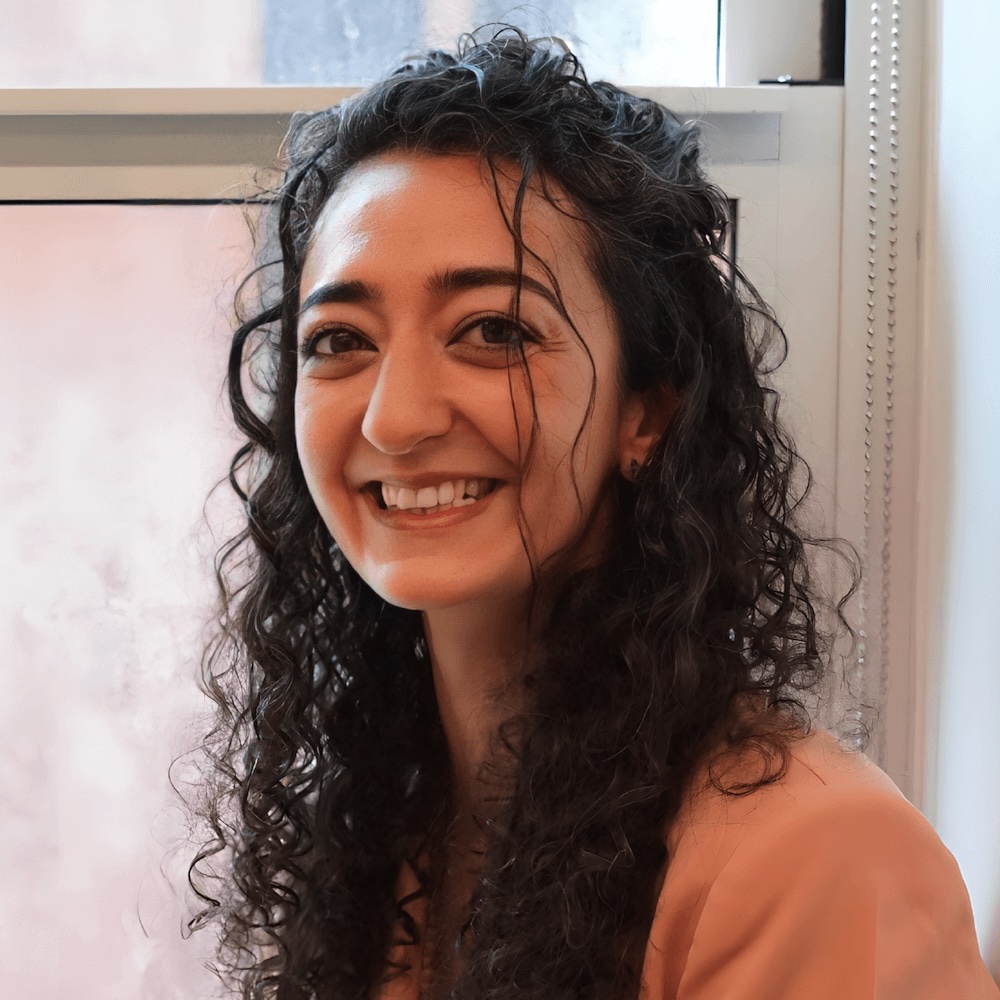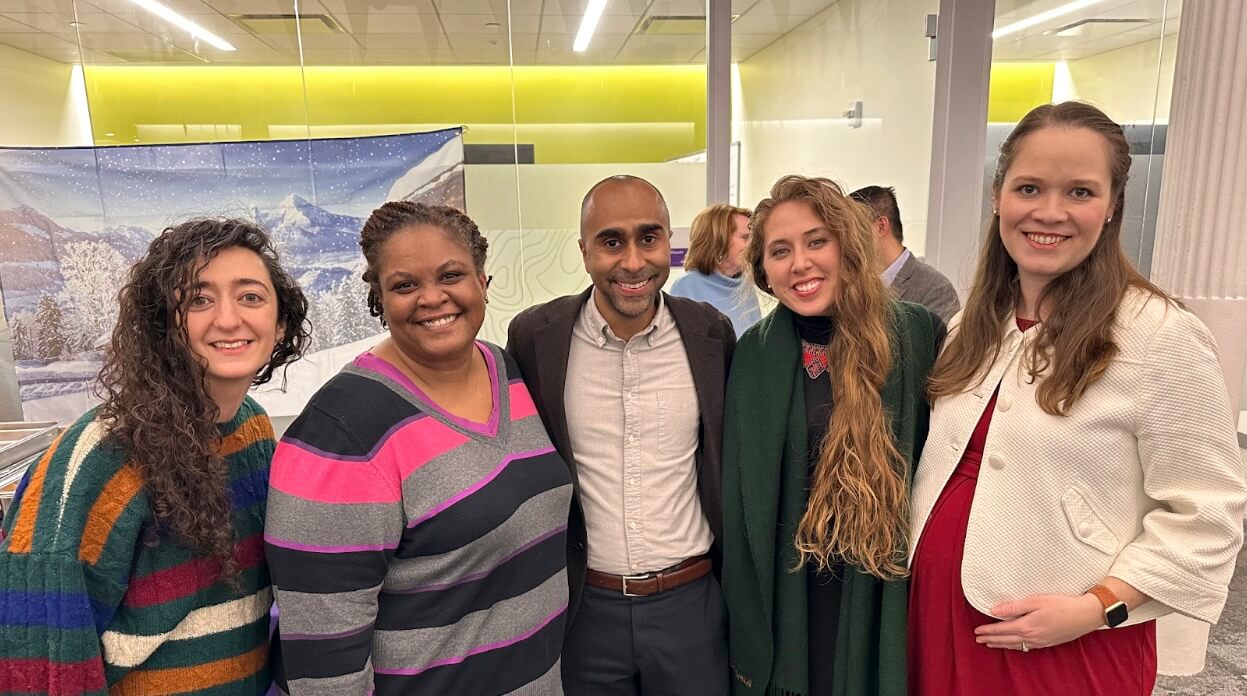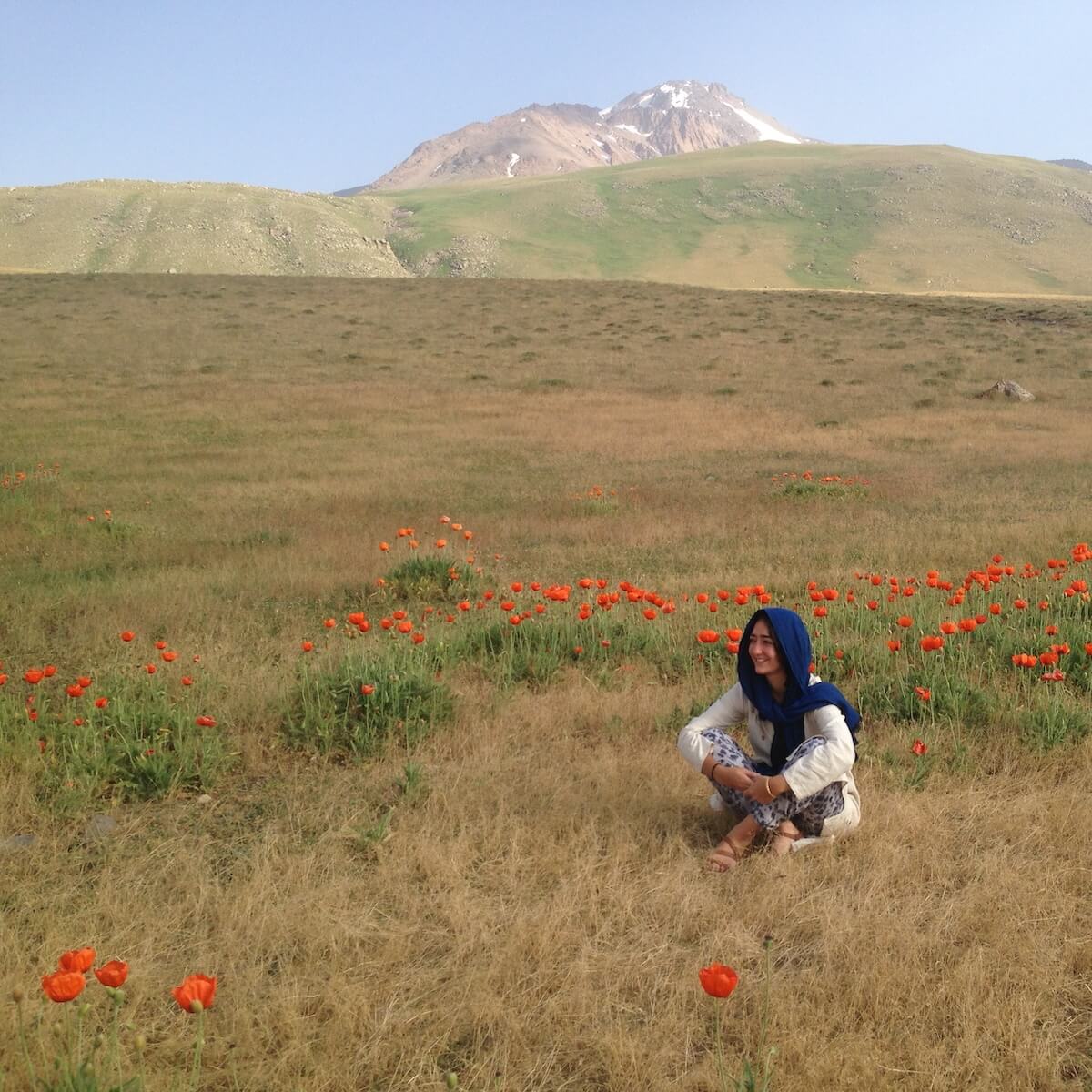
Faculty Spotlight
Saba Rouhani
Assistant Professor of Epidemiology
My research focuses on how drug policy and its enforcement have influenced the contemporary substance use and overdose crisis and disproportionately impacted racial/ethnic minorities in the US. I also study how these issues intersect with our growing understanding of overpolicing and police violence as a public health risk, particularly in structurally marginalized communities. Lastly, I am interested in how to optimize the measurement of individual and community-level exposure to policing and other forms of structural racism. Many of my current projects focus on measuring whether and how changes to the drug policy and policing landscape can promote or hinder equity in health and social outcomes, like police encounters and arrests, incarceration, substance use, overdose, infectious disease risk, interpersonal violence and access to food, housing and employment. Most recently, I am studying emerging drug decriminalization policies and their impacts on racial disparities in both criminal legal involvement and health outcomes.
“Racial Disparities in Drug Arrest Before and After De Facto Decriminalization in Baltimore” in American Journal of Preventive Medicine.
I am really honored to work alongside this group of Center for Anti-Racism, Social Justice, & Public Health (CASJPH) faculty, postdoctoral fellows, students and staff. Everybody has a unique and often deeply personal reason for committing to a career in anti-racist research, pedagogy and praxis. We represent a range of perspectives and linguistic, cultural, racial, and ethnic backgrounds that creates a rich environment for discussion and debate. We have each worked within our own concentrations to do public health work addressing issues of racial and social justice, but what the Center has given us is a chance to build new projects and collaborations that explicitly focus on issues of structural racism and social and political oppression as key determinants of health in their own rite(s). The opportunity to work with a multidisciplinary team to develop rigorous metrics and frameworks, and translate research to propose novel interventions and policies related to anti-racism and social justice, is one I am very lucky to have.

Members of the CASJPH team: Saba Rouhani, Melody Goodman, Adolfo Cuevas, Brennan Rhodes-Bratton, and Anna-Michelle McSorley
So far, I have only taught one course at NYU! It is called Epidemiology for Global Health, and it’s an undergraduate course. It has been a wonderful learning experience for me. I really enjoy teaching at the undergraduate level because people in the course have a really diverse set of skills and interests — they aren’t hyper-specialized in one field yet. It’s a great forum for talking about a wide range of public health issues and future challenges and opportunities for health and equity. It’s especially fun watching some of the students who may have had limited exposure to this topic develop a real interest and passion for epidemiology throughout the semester.
I would love to meet—but more specifically, to go traveling with(!)—James Baldwin. His writing is timeless and his analyses of identity, power, and justice resonate so strongly today. But he also seemed to be able to retain such a joie de vivre, a delight in living this life, and the destinations he traveled to and lived in are some of the places that interest and excite me most—North Africa, the Middle East, France.
I would pursue a career in human rights law. Not a much lighter topic, I know, but philosophy and law have always interested me and I love the art of debate.

Everybody has a unique and often deeply personal reason for committing to a career in anti-racist research